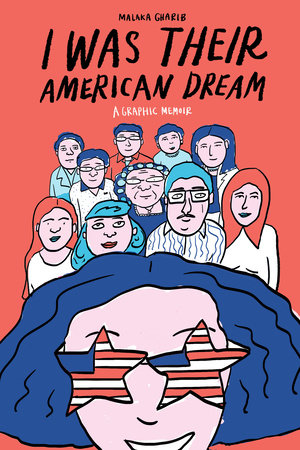Greetings.
I have started carving out time to work on our Fiction section diversity audit. I met with a group of other teacher-librarians from elementary school around Vancouver a few weeks ago and we set out the beginning parameters of how we would support each other in this process.
The first thing we decided to do is to sit down with our fiction collections and remove titles that are no longer being read in order to a) make room for the new titles we are buying this year and b) make the audit a little easier by not doing research on titles that should probably no longer be on the shelves.
It’s true that some of our old novels are still good stories and only suffer from a dated cover design. In some cases, if I can convince a few of our older readers to read these books and then talk them up to their friends, we might be able to resurrect the lives of some titles. I have started showing the (big) pile of older stories to some classes (div 3 & div 1) and suggested that they peruse what’s on the way out. Some students have opted to read a few of the books and will report back. My library monitors and I will be making a series of displays of these books over the next few months so that all potential readers and books might find each other.
Keeping out eyes on the prize, below is an interview with an author who shares her experience growing up half Egyptian, half Filipino in the United States. It’s not exactly our Vancouver context, but I think some of the core sentiments are shared by some of our Quilchena students. I have only recently started speaking to a few students directly about diversity in our collection and admit I don’t know a lot about how they see themselves reflected, or not, in the books I offer them. More on that later.
Everyone’s Story Deserves to Be Told: Malaka Gharib’s Version of the American Dream
